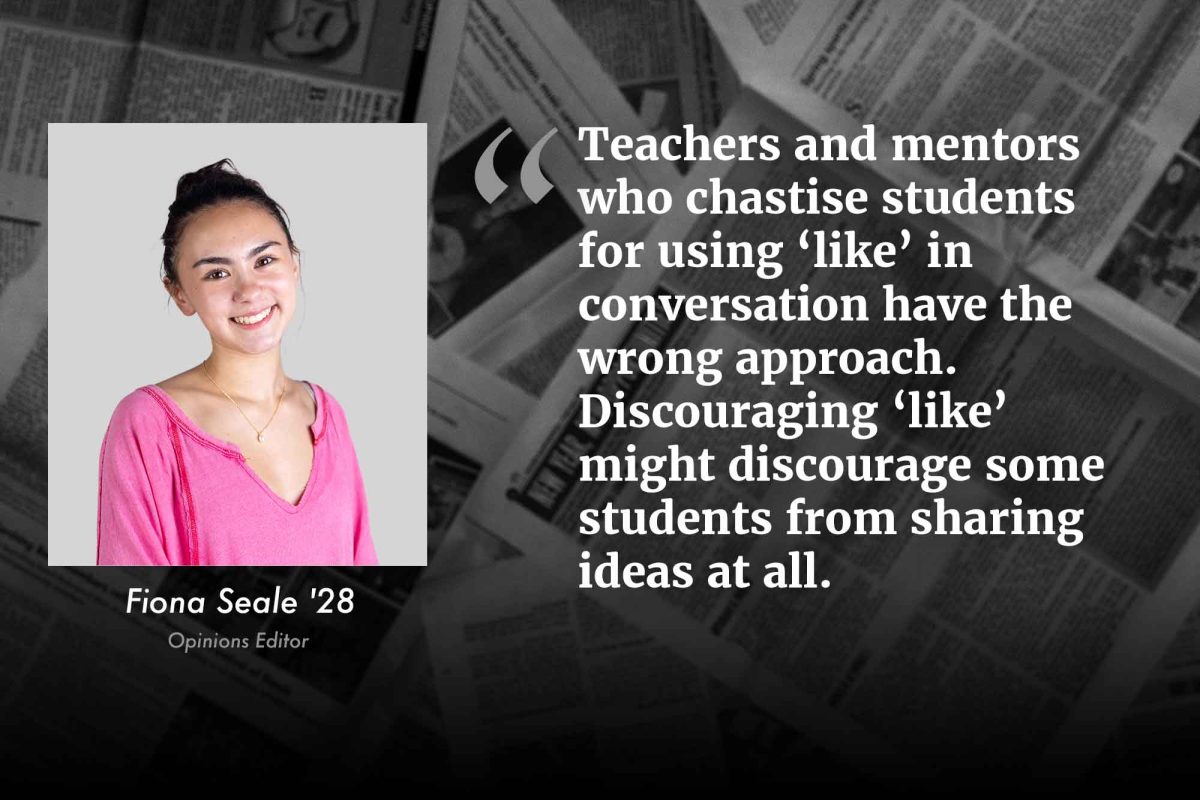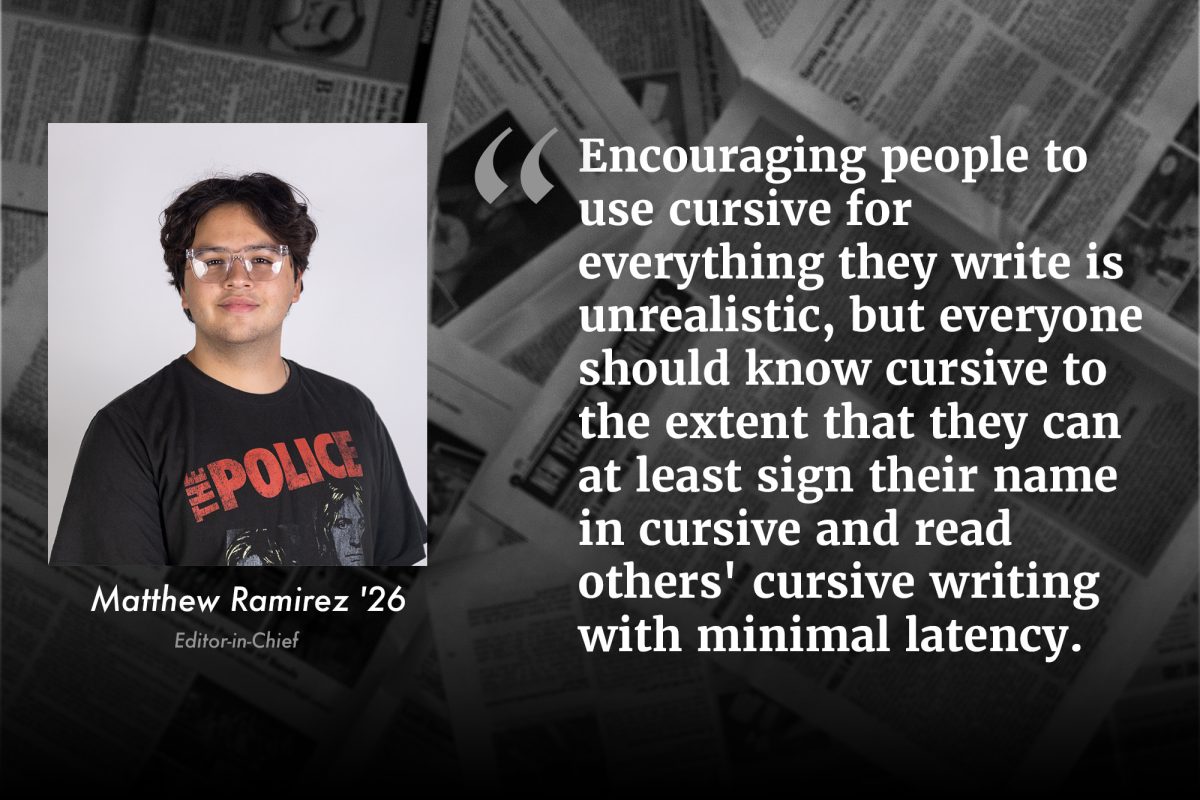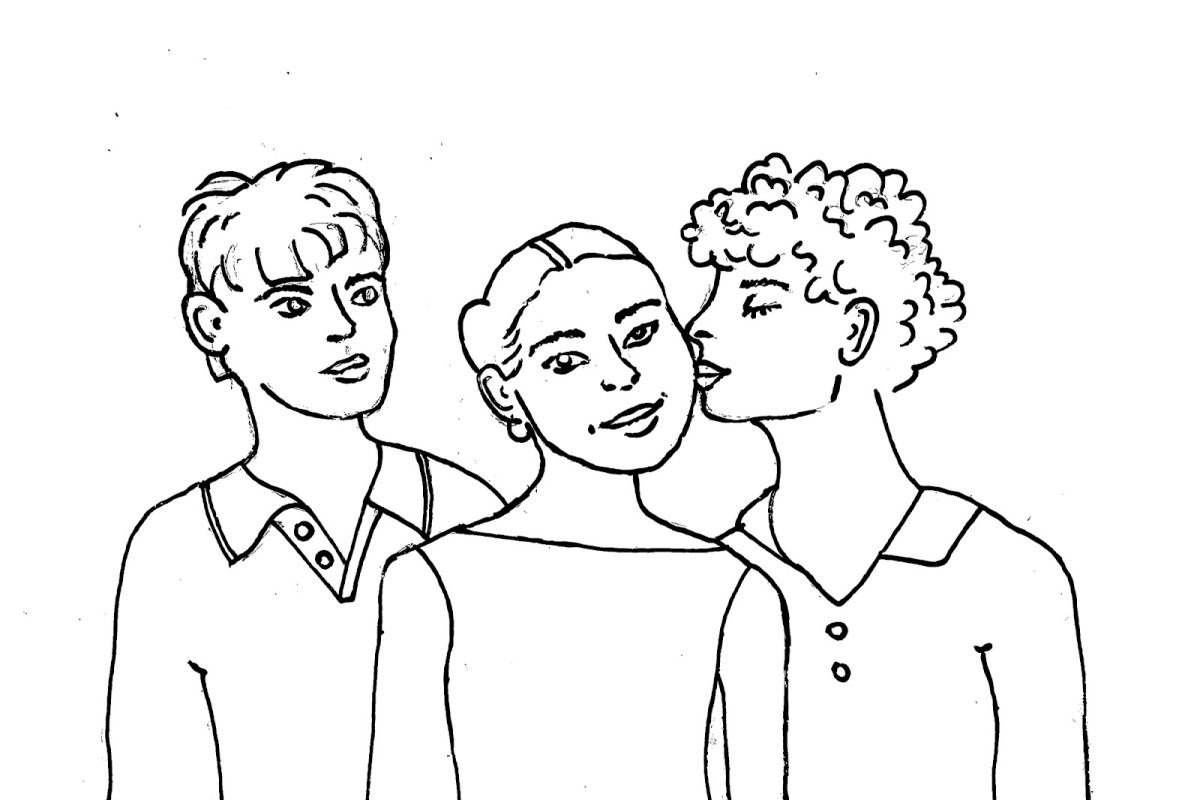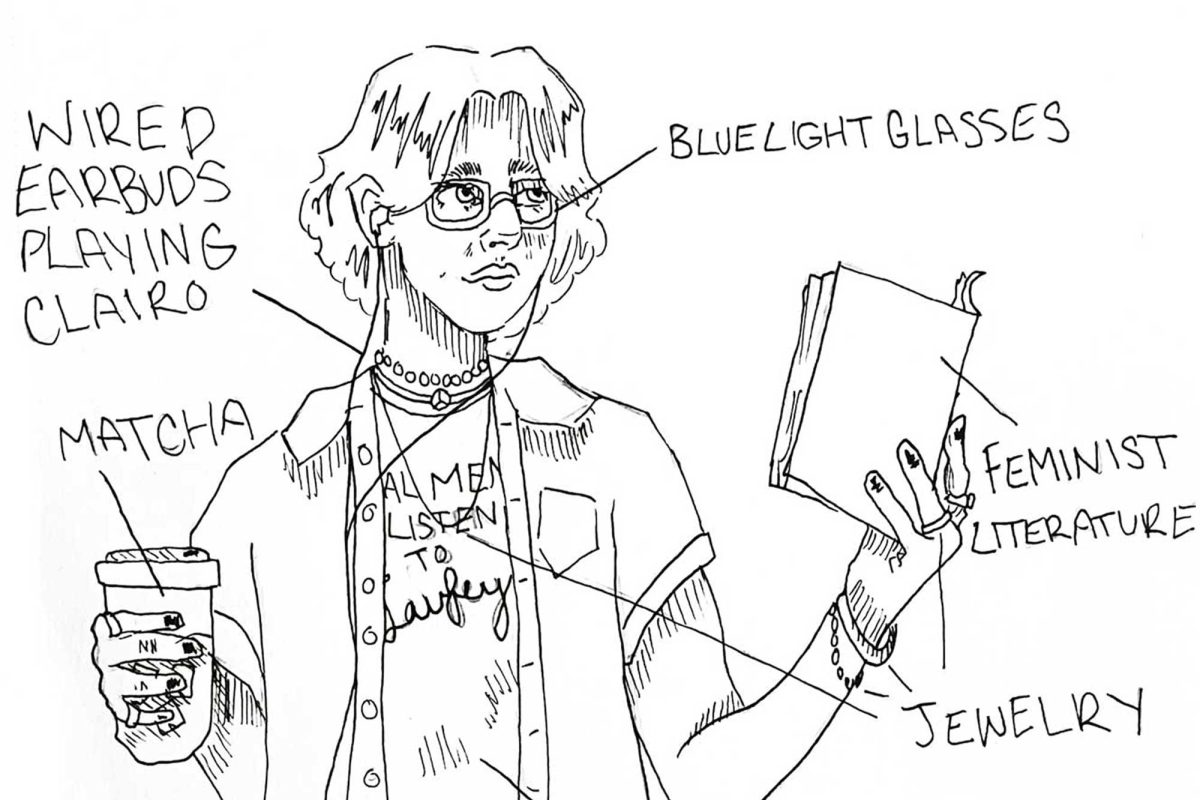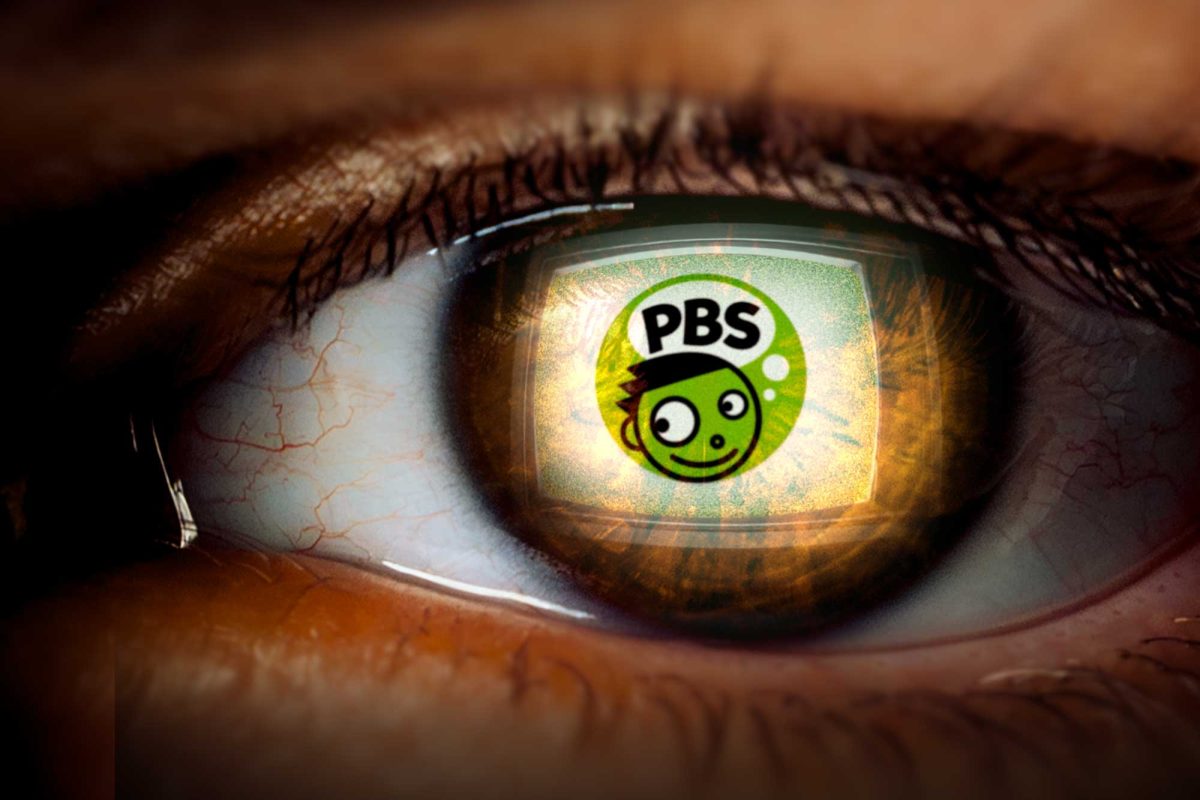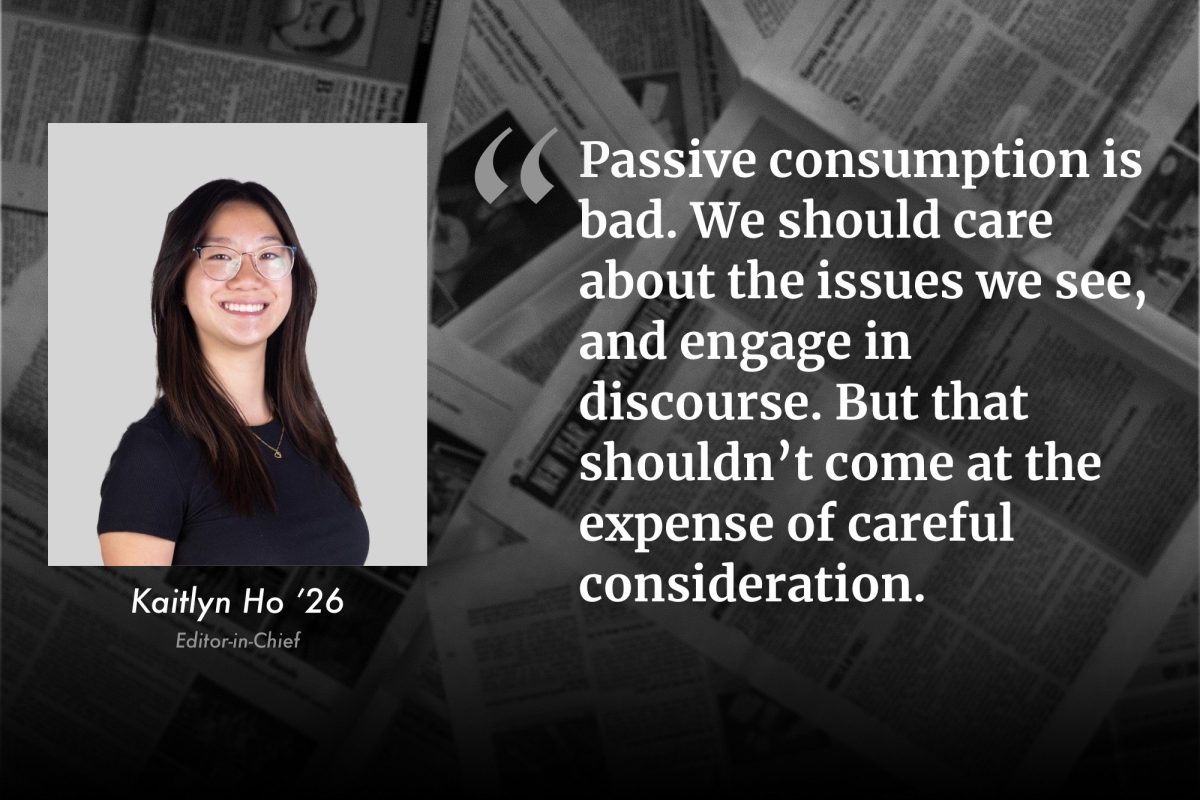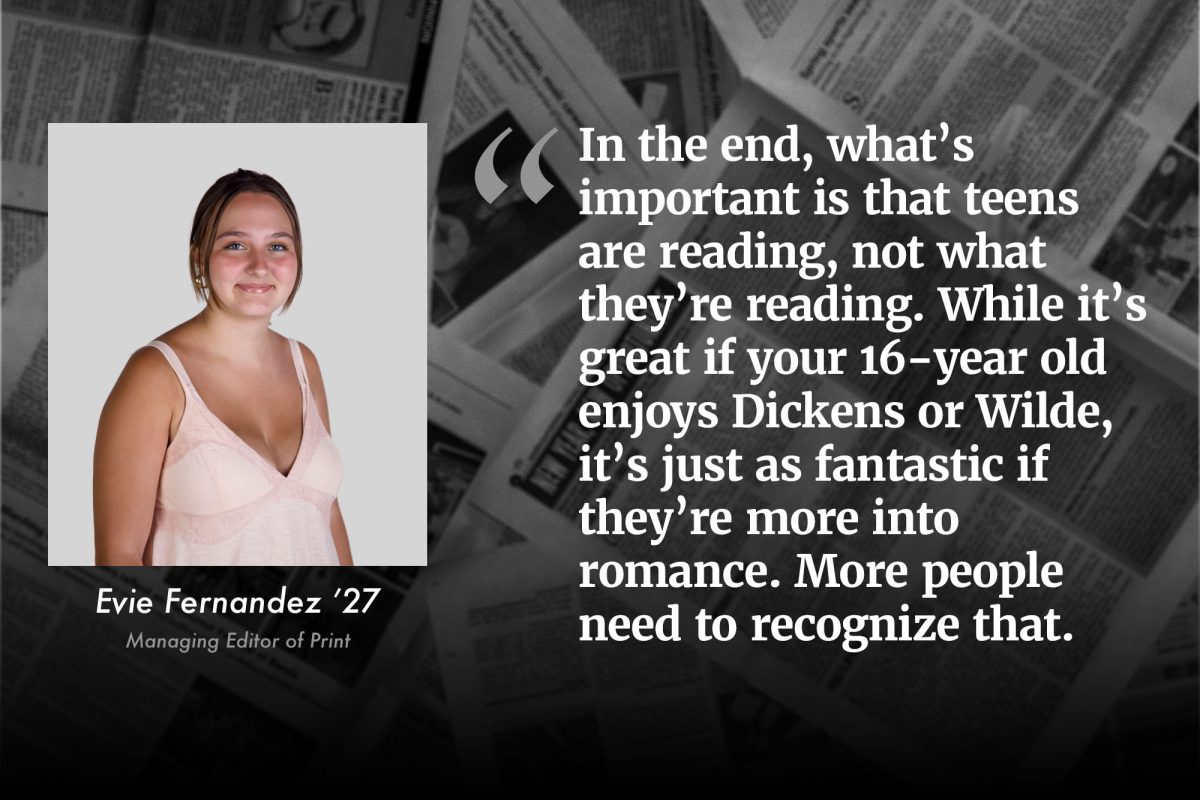“Oh my god, we should like totally go to like the movies!” Are you rolling your eyes at that sentence?
The word ‘like’ has faced much ridicule in the last decade, especially among women and girls. I’m not sure why people like satirizing teenage girls so much, but I digress.
I have faced intense chastising from my adults when using ‘like’ too much in a sentence. Easily decoded looks that seem to say, “she sounds stupid” in public or at school are frequent. But what if ‘like’ isn’t stupid? What if it is an indicator of emotional intelligence and a necessary linguistic tool?
The biggest misconception about ‘like’ is that it is useless and doesn’t add anything to a sentence. But the reality about language is that it is never an accident.
“People say language is random. But language is almost never random. You can’t just stick ‘like’ in anywhere,” linguistic professor Carmen Fought told the BBC’s podcast “Word of Mouth.”
‘Like’ is a very versatile and unique word. In a more traditional sense, it can be used as a preposition or verb. For example: “She looks like her mother”, or “I like your shirt.” As outlined by Alexandra D’Arcy, a linguist at the University of Victoria who wrote a book on the history of the word, there are several other uses of ‘like.’ These are the ones that fall under so much hatred.
The first is a quotative ‘like,’ for example: “My teacher gave me an F on my essay, and I was like, you try writing it!” This allows the speaker to portray how they felt in that moment or what they wanted to say without directly quoting what actually happened. The story then feels more candid and emotionally valuable.
‘Like’ can also be used as a discourse marker. For example: “Like, that movie was awful.” This is another tool speakers use to express a certain attitude in their sentences. It can also soften the blow of harsh opinions. It’s a very emotionally intelligent way of getting ideas across while simultaneously appearing friendly and welcoming.
Lastly, ‘like’ can be used to approximate. “Those leftovers are like, 100 years old.” Now imagine that sentence without the ‘like.’ Would it still hold the same meaning? This ‘like’ can signify an exaggeration and brings humour to the sentence. Research shows men use this ‘like’ as frequently as women do.
None of these uses of ‘like’ is bad; they all serve a purpose in casual conversation. One study published in the Journal of Language and Social Psychology examined over 263 conversational transcripts, and found that people who use ‘like’ are actually more socially astute, emotionally intelligent, and thoughtful. ‘Like’ can describe emotions, tell stories, and capture meanings that other “more acceptable” speech can’t. It also creates a certain intimacy in conversations, letting people know that your speech is unrehearsed and truthful.
The hatred of this word often stems from sexism. The root of the word ‘like’ in pop culture came from 80’s valley girls and now is associated with ditziness and unintelligent women. However, ‘like’ is just a word. It shouldn’t carry so much bias and ugly connotation. Men and boys use filler words all the time — think of ‘bro.’ Not to mention they say ‘like’ a fair amount too.
Teachers and mentors who chastise students, especially in developmental stages like middle and high school, for using ‘like’ in conversation have the wrong approach. Discouraging ‘like’ might discourage some students from sharing ideas at all.
Some firm naysayers of ‘like’ argue that it’s unprofessional and will prevent users from taking advantage of opportunities.
However, I’m sure anyone who judges ‘like’ sayers has cursed from time to time in their everyday conversation. Does that mean they would pull out the f-word in an important work call or job interview? Similarly, I can control my use of the word ‘like’ in a more professional setting, and I’m certain my intelligent and accomplished friends who say ‘like’ would do the same.
The bottom line is that ‘like’ is not a signifier of stupidity or laziness. In fact, its place in daily conversation is vital. There is no one way to look at linguistics; ideas and thoughts are separate from the way we describe them. Someone might frame their thoughts differently than you do, but that gives you no plausible reason to judge them. ‘Like’ is a part of life. The word has weasled its way into our daily conversations, and I don’t think that’s a bad thing.
Besides, like, try and imagine your life without it.




